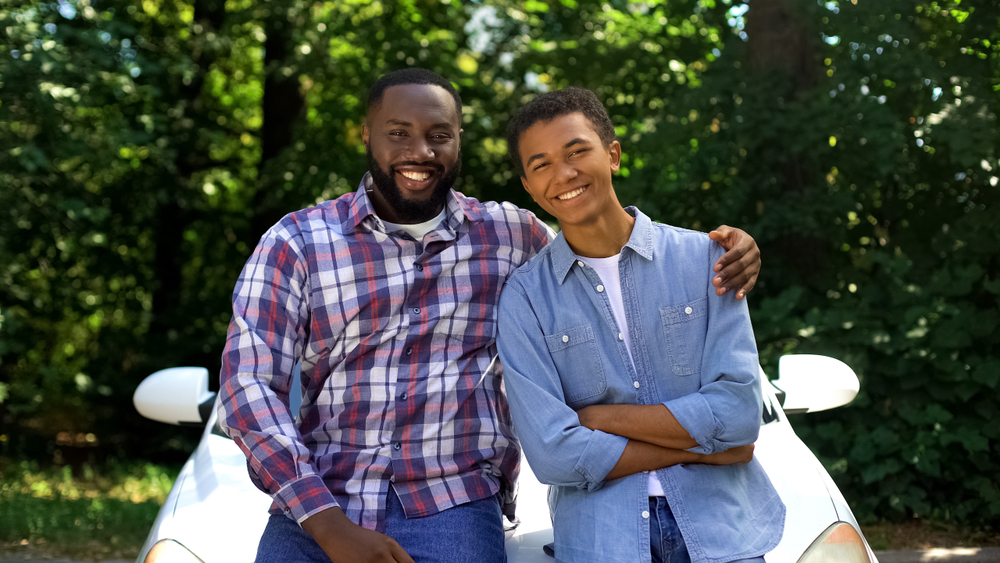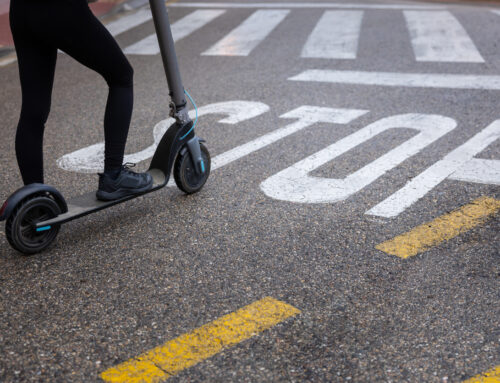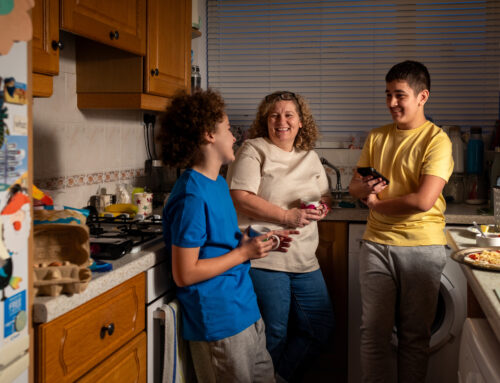Responsible Teens: How to Raise a Child Who Has Confidence & Common Sense

Tina Nelson* discovered that her 17-year-old son drank alcohol with a friend while Tina and her husband were out of town. They confronted him, and he reluctantly admitted it in the face of undeniable evidence. Tina said, “Since he lost our trust, he got to go with us every weekend for the next two months!”
Her teenage son learned how valuable his parents’ trust was, and how earning it back would take time and effort — and a lot of extra chores. “He actually got to understand us better as people,” Tina explained, “And he began to look forward to our weekends away, with no peer pressure.”
Tina and her husband have raised four responsible children and believe all parents need to teach their kids how to take ownership of their decisions. Fortunately, there are mindful steps parents can take to raise responsible teens. It’s never too early to start teaching your child to do the right things, for the right reasons.
Why Raising a Responsible Teenager is Important
As kids grow into teenagers, their world opens up with more freedom and opportunities — as well as more peer pressure and outside influences. Before a child reaches this age and stage in life, it’s important for them to have confidence. As parents, you have a ton to worry about with your children, especially as they get older. A responsible, confident teen can better navigate these new influences in life and make healthy choices, like refraining from alcohol misuse.
Not only can raising a responsible teen help alleviate some of that parenting anxiety, but the benefits are nearly unlimited for your child and their future. They will likely be better at navigating peer pressure, more interested in their education, set a good example for their peers and siblings, and even stay healthier mentally and physically. When teens are responsible and confident, they’re able to create a more positive life for themselves well into the future.
4 Steps to Raising Responsible Teens
To raise responsible teens, experts suggest allowing children to start making their own decisions as early as toddlerhood. Help them weigh the pros and cons before making a decision, ask what their gut is telling them to do, and guide them afterwards in thinking about how the decision makes them feel.
However, even if your child is older, you can still help them learn to make good decisions at any age. Your guidance and example can be a significant factor in their decision making. Help them make choices with these tactics:
- Immediately reinforce behavior that demonstrates responsibility
Keep in mind the old adage, “Catch your child being good,” and make sure they know you appreciate good, healthy choices like staying sober. Too often, teens get more attention for missteps than for positive behavior. Parents who are raising responsible teens will reinforce positive behaviors or changes to help their child develop confidence in their own decision-making skills. A non-judgmental approach shows your teenager you love them and want to help them make appropriate choices. Have an open dialogue about the impacts of the decision (on themselves and others). - Get a mentor
Sometimes, teens just need another adult and positive influence. Mentors can help teens in a variety of ways — from helping them develop interpersonal and professional skills to being there when they struggle with their mental health. Studies have shown that teens with mentors are less likely to participate in underage drinking or drug use. Having an additional positive influence can be crucial in raising a teenager. - Model the kind of behavior you want to see in your teen
If you want to raise your child to be an accountable, responsible adult, be one yourself. Occasionally point out to them when you abide by rules, complete a task, or keep a difficult promise. Apologize for mistakes and make amends when appropriate. Avoid blaming, and instead, come up with solutions from a place of accepting responsibility. A good place to start with modeling the kind of behavior you want to see is to Take the Pledge with your teen to discuss and commit to underage alcohol abstinence. - Tackle tough topics in small chunks
Big talks, such as preventing underage drinking, can seem overwhelming. Try breaking down these discussions into smaller, age-appropriate conversations. You can add more information and dive deeper into topics as your child matures. Check out our underage drinking resources to start or continue the conversation.
Responsibility comes in stages, and children need help navigating every stage. If you need support in teaching your child to make healthy, responsible choices, visit Talk it Out NC.
*name changed to protect identity



